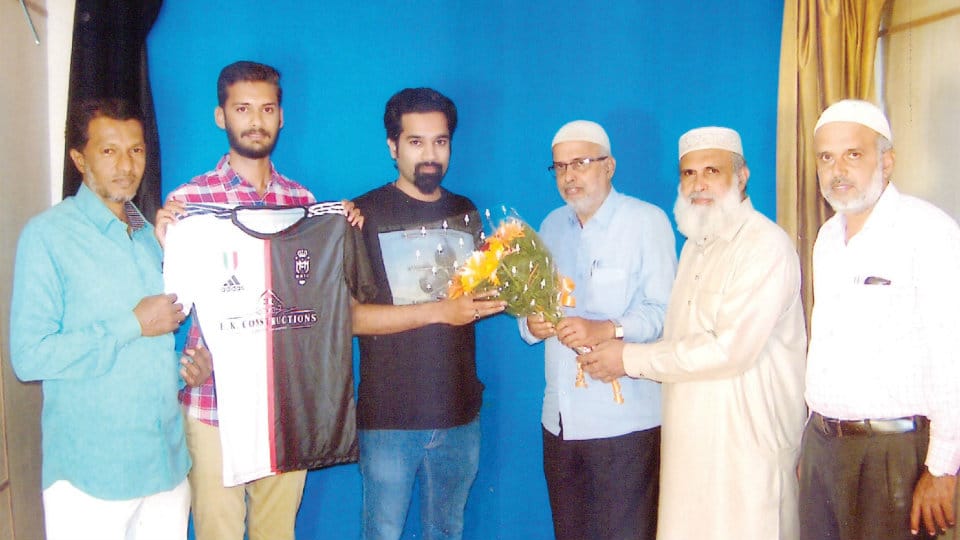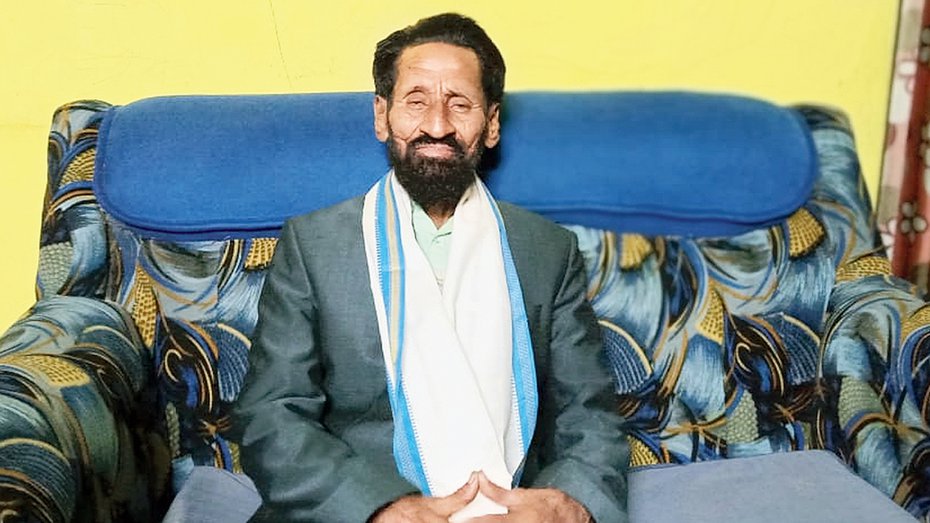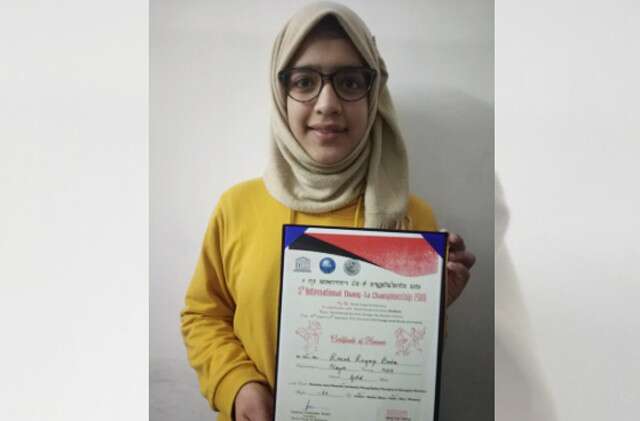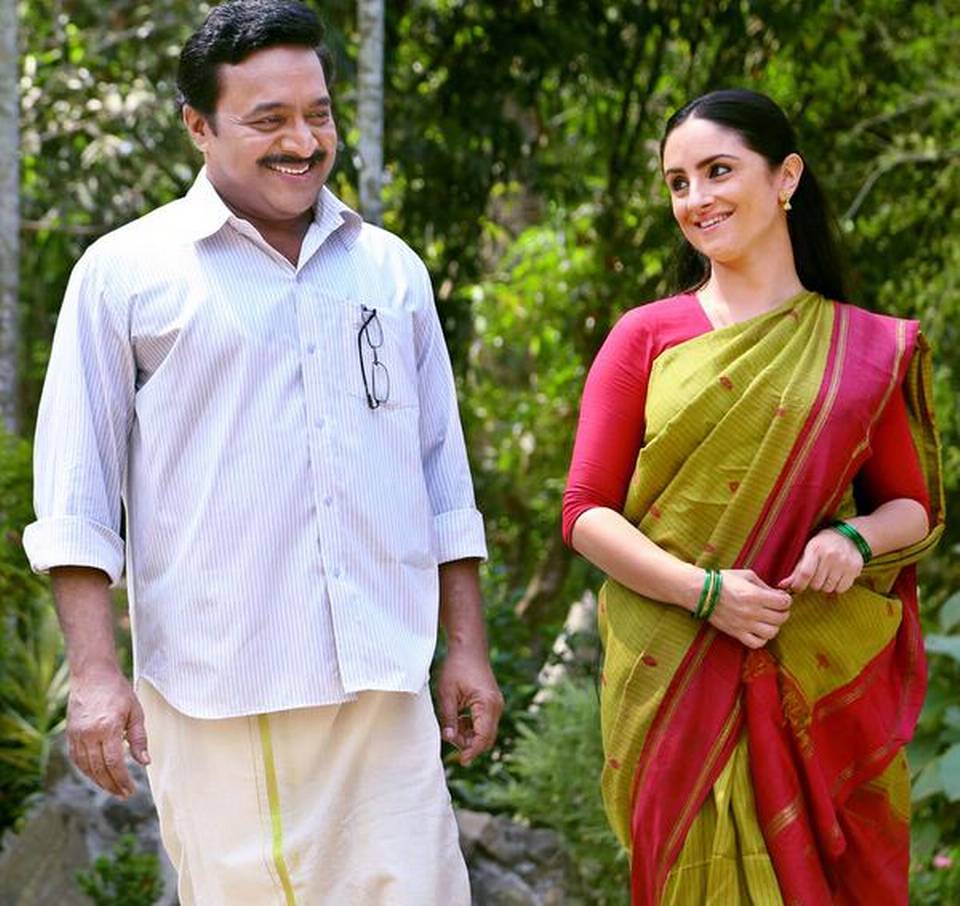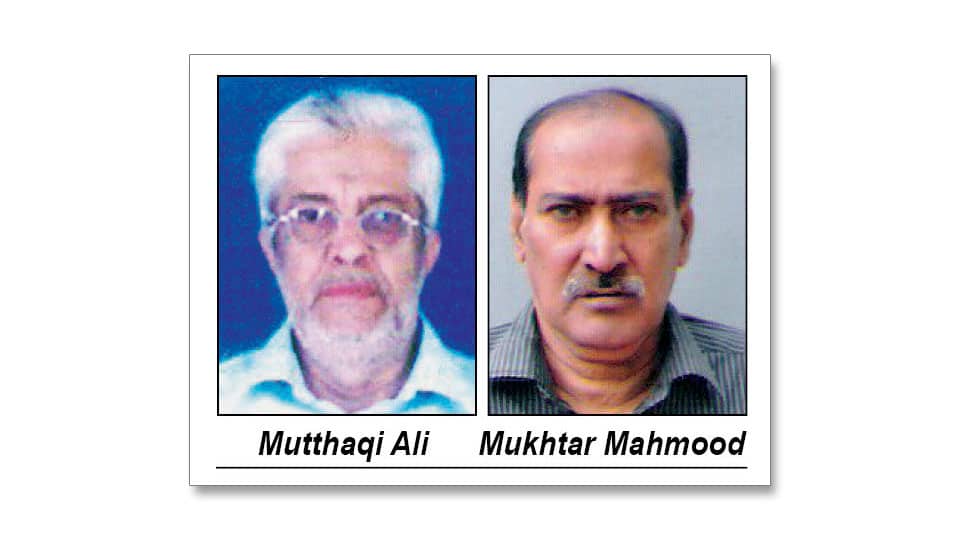Seriyalur Inam village (Alangadi Taluk – Pudukottai District) TAMIL NADU :

Seriyalur Inam is a Hindu-dominated village in Pudukkottai district of Tamil Nadu, but the nondescript hamlet has sent out a clear and loud message in the just concluded elections to rural bodies by electing a Muslim candidate as its panchayat president.
The election of a Muslim candidate in a Hindu dominated village comes at a time the country is facing massive protests against the controversial Citizenship (Amendment) Act and the proposed National Register of Citizens (NRC) which Opposition parties term as “anti-Muslim measures.”
Though the village in Alangudi taluk in the Cauvery delta region has only 60 Muslim voters, only around 40 cast their votes, people’s choice transcended religion, caste and creed as they reposed their trust in 45-year-old Mohammed Jiyavudeen.
Jiyavudeen, who has coordinated relief and rehabilitation efforts in the village and near-by areas after Cyclone Gaja left a trail of destruction in 2018, romped home despite elders of the village “auctioning” the panchayat president post in favour of another villager, Shankar, who lost by 17 votes.
The 45-year-old received maximum support from youngsters and women, who refused to toe the line of the village elders and voted in Jiyavudeen. He had returned to the village in 2018 after being in the UAE for over a decade.
“I see it as a recognition for the work that we as a group did in the aftermath of Cyclone Gaja. People reposed faith in me and two others from our group who contested as councillors. Through election people here have not just sent out a message on secularism but have also made it clear that they want people who work for their betterment,” Jiyavudeen told DH.
Jiyavudeen and fellow villagers, especially youth, had pooled in resources from various sources to rehabilitate people who were affected by Cyclone Gaja. “We built 10 new houses to people who lost their houses, distributed sewing machines to widowed women and wet grinders for elderly. We also disbursed interest-free loan for people in the village which have made them happy,” he added.
The new panchayat president said he takes pride in the fact that he neither spent money on distributing liquor or money for his voters.
Nimal Raghavan, a techie who had quit his job in UAE and is now involved in desilting lakes and ponds in near-by Thanjavur district, told DH that the country should follow the example set by people of Seriyalur Inam village.
“In our area, we live in complete peace and harmony. People will even print names of their friends belonging to other faith in wedding invitations. Election of Jiyavudeen is a classic example that humanity is above religion, caste and creed. His election sends out a strong message as the country witnesses protests on CAA,” Raghavan said.
Kannan, a resident of Sethangudi village, said people should realise that humanity trumps everything including religion. “People like Jiyavudeen should come to power as they inspire the common man. He had worked with us to ensure that his villagers get proper relief during Cyclone Gaja. By electing him, people have spoken loud and clear against attempts to divide society on the basis of religion,” Kannan added.
source: http://www.deccanherald.com / Deccan Herald / Home> National> South / by ETB Sivapriyan / DHNS Chennai / January 10th, 2020
